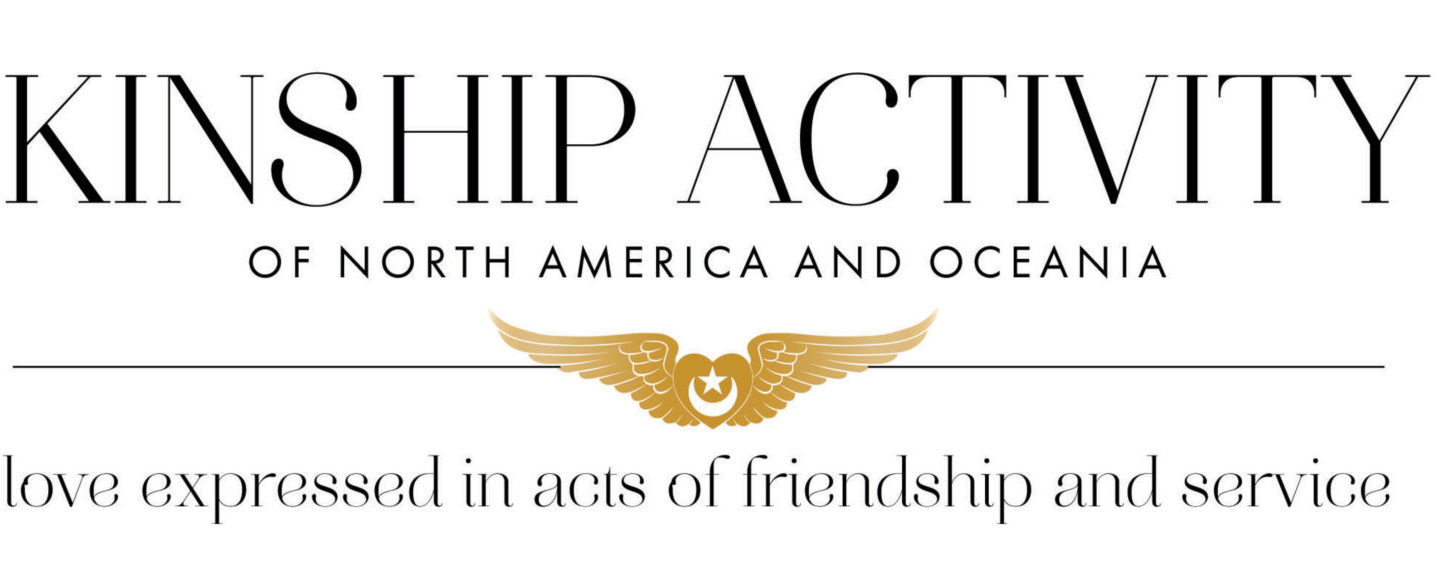by Wali Via
In 2016 I initiated a new activity in our community simply titled “Spiritual Conversations”. My motivation was three-fold, all closely related.
- I felt there was tremendous wisdom within the membership of the community that was not being given adequate opportunity to be heard. The typical format for our varied Sufi offerings was that one of the community teachers would present, and those in attendance would receive and follow along. I really wanted to hear other voices.
- Those in leadership positions would determine what was to be presented. Certainly, what was offered was of value, but were we addressing the particular needs of the community and its members? Was there a way that those not in leadership positions could help determine the focus of some of our activities?
- The structure within our Sufi orders (we are a multi-ordered community) is fundamentally hierarchical. How could the horizontal dimension be developed, so as to strengthen our community relations?
Spiritual Conversations is open to anyone; murids, ashiqs, members of the interfaith community and others that may hear about it by word of mouth.
This is our format. We open with the Invocation and then the facilitator leads a short centering meditation to help all of us be present. Slips of paper and pencils are then passed out to all those present. For several minutes, those that wish, write down a question that they would like the group to address. The slips of paper are put into a hat and we draw our first question of the evening. This format doesn’t allow for pre-meditated or researched responses. Our responses will necessarily be what is arising in the present moment. The selected question is read and we take several minutes of silence to contemplate the question and how it relates to our life. The emphasis on our sharing is speaking from our personal experience and avoiding theorizing, quoting teachings, giving directed guidance, or advice. The identity of the person who wrote the question remains anonymous unless they choose to disclose themselves. Then as people are moved to share, they speak. A pause between each sharing is encouraged. The facilitator makes sure that everyone who wishes to respond to the question has the opportunity to do so and occasionally will ask someone to focus their contribution on their personal experience if they seem to be straying. After everyone has had the opportunity to share the facilitator will sense or ask if we are finished with the question at hand.
In an hour and a half, we usually tackle 2 questions. We have never had more than 12 people attend, though we approach that number often. I would think that having more than 12 people would likely change the intimacy of the activity.
The questions have been quite varied. I will offer a few examples.
- On the spiritual path to awakening what is the relationship between effort and grace? How does one take the reins and let go at the same time?
- How do we keep balanced amidst the ongoing tragedies in the world?
- How can we feed community every day?
- What does it mean to have a spiritual relationship with someone?
- What is the perfection of Beauty?
- Can we forgive those that commit atrocities?
Often questions are offered that were stimulated by specific world events.
- How do I maintain hope after the election of Trump?
- What is sacred about Standing Rock?
Very occasionally, someone will pose a very personal question that comes from an immediate crisis they are facing, such as dealing with a hostile neighbor or being in a financial crisis that could mean the loss of their home. In these cases, we have let go of the format and tried to find ways to support our community member by providing options or resources. The fact that participants feel comfortable enough to share these things is an indication that we have built a container of trust.
After a couple of years of serving as the facilitator, I passed the responsibility to another person in our leadership group. When she feels the time is right, she will pass it on again. Whether the facilitator role remains in the leadership group is not a concern to me at this point. The main criterion is carrying a sensitivity to both those present and the group as a whole.
During the time of Covid, we moved Spiritual Conversations to a Zoom format and increased the frequency from monthly to every other week, so as to offer additional support and community connection. Questions can either be emailed in advance to the facilitator or proposed during the Zoom call. Questions seem to be coming less in number recently, and time is sometimes now committed to personal check-ins. As so many national and international Zoom opportunities are now available, it is important to find ways for our local Sufi communities to maintain their cohesiveness. Spiritual Conversations helps in this regard.
Although Spiritual Conversations clearly has a place within the Kinship activity, we did not initially label it as such, though it can be found on our website under that heading now.
If you choose to try this out in your community, I would suggest that the facilitator have several “stock questions” on hand just in case no one happens to have a question.
I’d be happy to converse further about Spiritual Conversations if you are interested.
Wali Via – walivia@wintergreenfarm.com
